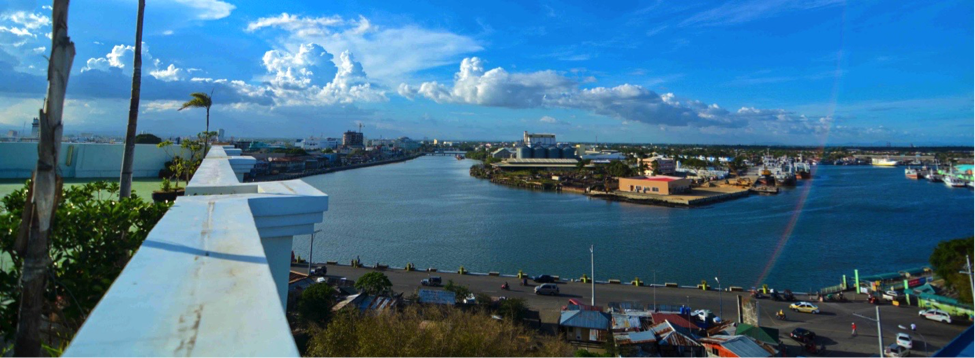Success Stories

4 November 2015—The Local Governance Support Program for Local Economic Development (LGSP-LED) recently released a report on select local governments in 134 project sites in the Philippines that attracted new investments worth P 55.9 billion and in turn, translated into 11,000 new direct jobs for local residents.
Local governments were able to achieve these results by creating conditions conducive to economic growth. LGSP-LED, a collaborative program of the Department of the Interior and Local Government with the Government of Canada, have been helping 17 provinces, 17 cities, and 100 municipalities since 2008 to pursue inclusive growth out of their priority sectors: tourism and agribusiness.
With LGSP-LED’s support, LGUs organized local economic and investment promotion teams, improved competitiveness, trained on local economic development, developed business plans, formulated business enabling policies, streamlined or automated LGU transactions, engaged in private sector partnerships, and set up mechanisms to access financing for basic infrastructure.
Partners of LGSP-LED include LGU Alliances in Pangasinan, Metro Naga, Bohol, Northwest Leyte, Zamboanga Del Norte, South Cotabato, and Sultan Kudarat. Provinces of Albay, Sorsogon, Guimaras, Iloilo, Palawan, Aklan, Antique, Negros Occidental, Negros Oriental, Siquijor, Cebu, and Davao Del Norte are also LGSP-LED project sites. Most of these sites are tourism development areas.
LGSP-LED was designed to work on tourism since, as a service-based industry, tourism has high potential for producing a significant volume of jobs. In fact, Tourism Department Secretary Jimenez was recently quoted as saying that, “tourism is the shortest path to inclusive growth,” as it is not only job-producing and business-enabling but it also “connects many industries.”
LGSP-LED LGUs recorded an average of 19% increase in tourist arrivals between 2013 and 2015, reaffirming that these local communities are desirable places to invest in. There are also up to 3000 new business registrations in these sites, with an average of 196% increase compared to 2013 data. The
Program ultimately aims to decrease the poverty incidence in each project sites. Data on poverty will be part of LGSP-LED’s next and final report, expected to be released in April 2016. LGSP-LED gathers primary and secondary data through local teams composed of LGU and private sector representatives in coordination with local Tourism Offices, Public Employment and Service Offices, Business Permits and Licensing Office, Treasurer’s Office, Engineer’s Office, among others.
DILG Undersecretary Austere Panadero is already looking forward to enhancing and expanding the program for more LGUs, instructing the LGSP-LED team to pave the way for the institutionalization of convergence mechanisms between Interior and Local Government, Tourism, and Trade and Industry Departments to best cater to LGUs. DILG is using LGSP-LED as a model in developing their Business-Friendly and Competitive Local Governments as one of the Department’s main components. Through this component, DILG will expand the aforementioned services to LGUs outside LGSP-LED sites, enabling more LGUs to attract the kind of investments that produce local jobs and be front liners of inclusive growth.#


